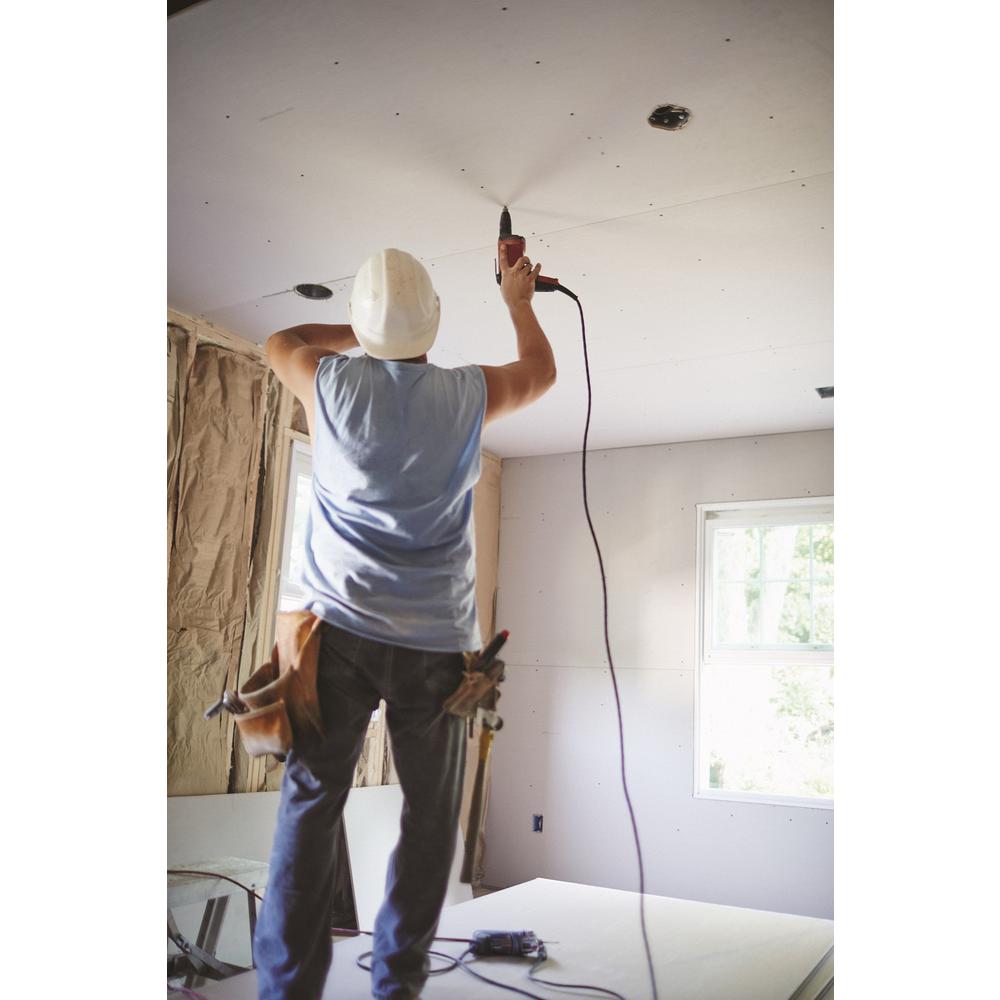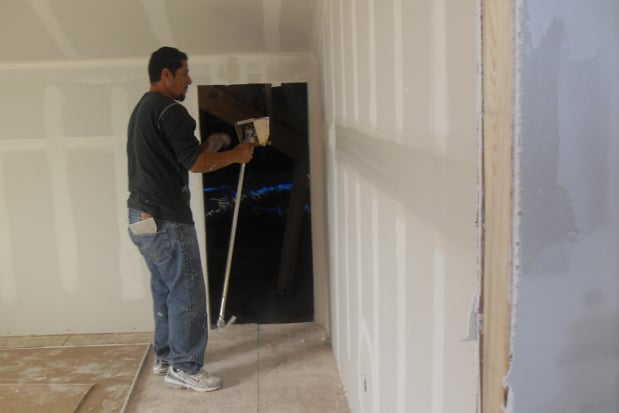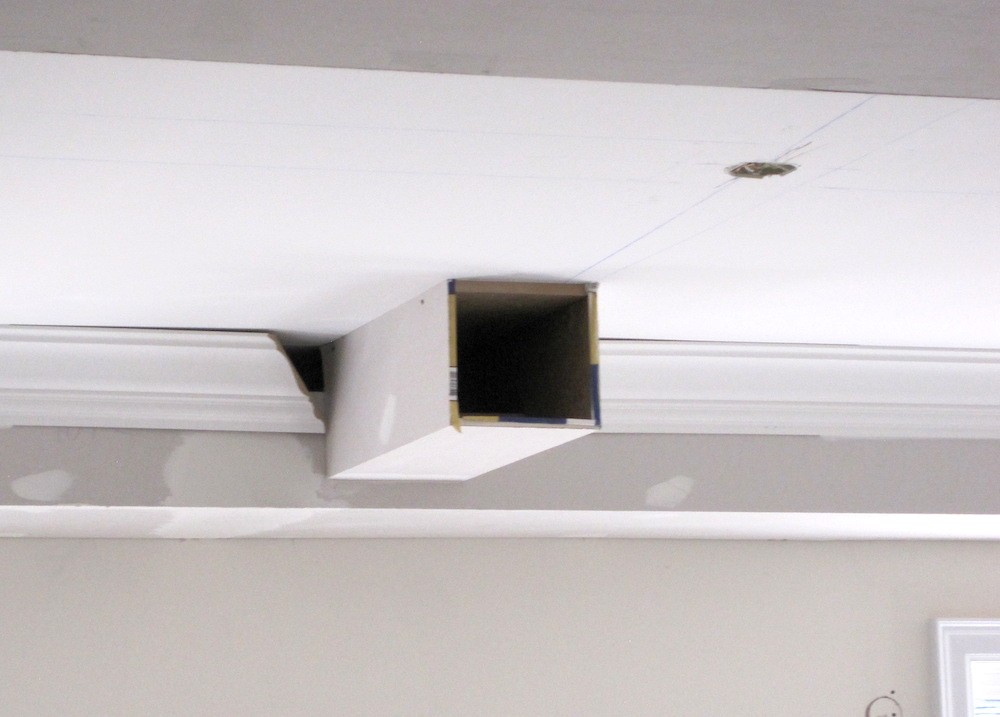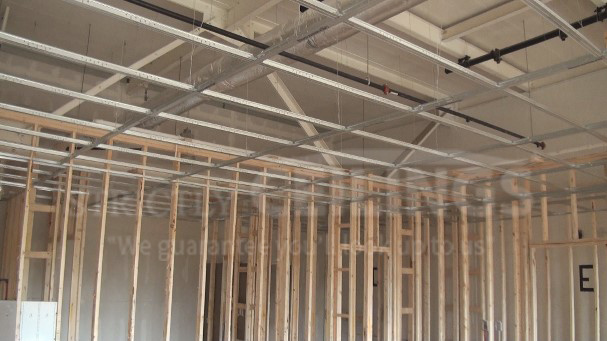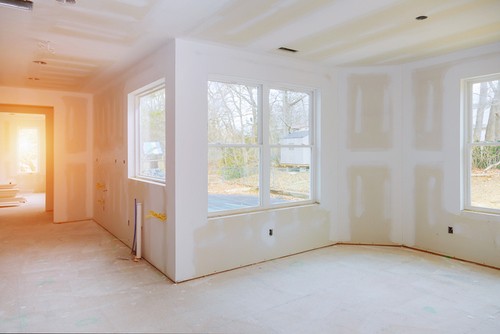Since 1 2 inch thick sheets of 4 x 8 foot drywall tip the scales at 57 pounds this tends to be the biggest sheet that most diyers can carry and lift into place.
4 by 8 sheets of drywall with 9 foot ceilings.
Gypsum board is icc certified for sag resistance and eliminates the need for separate wall and ceiling panels.
Quarter inch drywall is mainly used as a double surface and 5 8 drywall is primarily used on ceilings.
If you live in an area large enough to support a commercial supplier it ll offer more variety than an average lumberyard.
5 8 inch drywall is sturdier and resists sagging in ceilings.
Sheetrock brand ultralight 1 2 in.
It weighs up to 30 less than traditional 1 2 in.
First you can get 9 or 10 foot drywall sheets.
Drywall thickness drywall thickness ranges from 1 4 inch to 5 8 inch with each serving a different purpose.
When applying drywall to a 9 foot tall wall there are a couple ways to go.
Drywall usually comes in either 4 8 or 4 12 sizes.
Are you preparing to install drywall in a building or home with nine foot ceilings.
The two other drywall thicknesses are 1 4 and 5 8.
Today most building supply warehouses carry drywall sheets in 54 inch widths.
Offering lightweight construction the sheetrock ultralight 1 2 in.
54 inch widths allow you to stack two sheets and create 108 inches or 9 feet.
It may have 9 10 and 14 ft.
Ceilings and odd things like flexible drywall for curved surfaces.
The most common size of drywall is 4 feet wide 8 feet long.
The thicker drywall is often used if the home has experienced sagging or if you re installing a coffered ceiling tin ceiling tiles or any textured ceiling above the drywall.
This size allows for either vertical or horizontal installation.
Its more a matter of personal preference and not a right or wrong way.
Drywall for easier lifting carrying and installation.
Sometimes there is benefit to hanging it horizontally as outlined in the blog but that would not change manufacture of the board.
Standard drywall comes in 48 inch widths along with 8 10 and 12 lengths.
Drywall is hung vertically the overwhelming majority of the time which is why the long dimension is 8 9 10 and 12 to accommodate standard ceiling heights.
1 4 inch drywall for example isn t strong enough to provide support alone but can be installed over a surface that s already in place as in patching drywall.
Gypsum board is the first and lightest 1 2 in.


